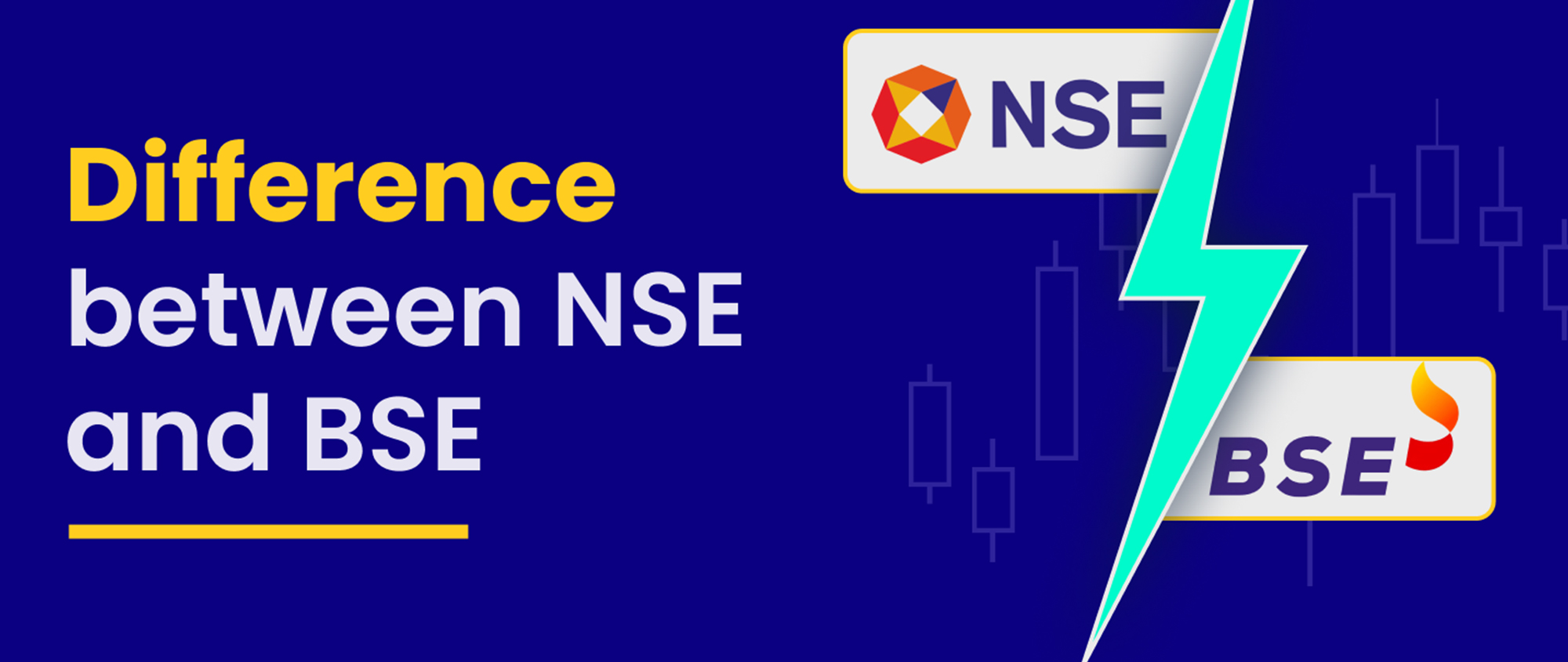When we talk about the stock market in India, two major stock exchanges dominate the scene: NSE (National Stock Exchange) and BSE (Bombay Stock Exchange). Both these exchanges play a crucial role in facilitating trading for investors, but there are key differences between them.
In this post, we’ll explore what NSE and BSE are, their history, and the main differences between them.
What is BSE?
- Bombay Stock Exchange (BSE) is the oldest stock exchange in Asia, established in 1875.
- It is known for its benchmark index SENSEX (Sensitive Index), which tracks the top 30 companies listed on the exchange.
- BSE is headquartered in Mumbai and has been instrumental in shaping India’s stock trading ecosystem.
- It primarily uses the BOLT (BSE On-Line Trading) system for trade execution.
What is NSE?
- National Stock Exchange (NSE) was founded in 1992 and started trading in 1994.
- Its benchmark index is NIFTY 50, which represents the top 50 companies across various sectors.
- NSE is also based in Mumbai and is considered more technologically advanced with its fully electronic trading system.
- It is the preferred exchange for derivatives trading (Futures & Options).
Key Differences Between NSE and BSE
| Factor | BSE (Bombay Stock Exchange) | NSE (National Stock Exchange) |
|---|---|---|
| Founded | 1875 | 1992 |
| Benchmark Index | SENSEX (30 companies) | NIFTY 50 (50 companies) |
| Number of Listed Companies | 5,000+ | 1,600+ |
| Trading Volume | Lower compared to NSE | Higher trading volume |
| Technology Platform | BOLT | NEAT |
| Preferred For | Long-term investors | Derivatives and intraday traders |
| Global Rank | Among the oldest exchanges | Among the largest by volume |
Which Exchange Should You Choose?
Both NSE and BSE are reliable, but NSE is often preferred by intraday traders and F&O traders due to its high liquidity and narrow bid-ask spreads. On the other hand, BSE is ideal for long-term investors and those who want to invest in a wider range of listed companies.
Conclusion
Both NSE and BSE play a vital role in India’s financial markets. Your choice of exchange depends on your trading style – whether you’re an intraday trader seeking high liquidity or a long-term investor exploring a wide range of companies.











